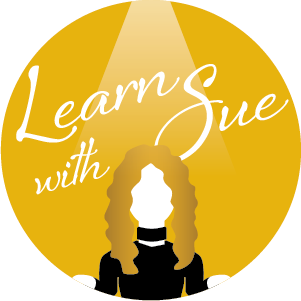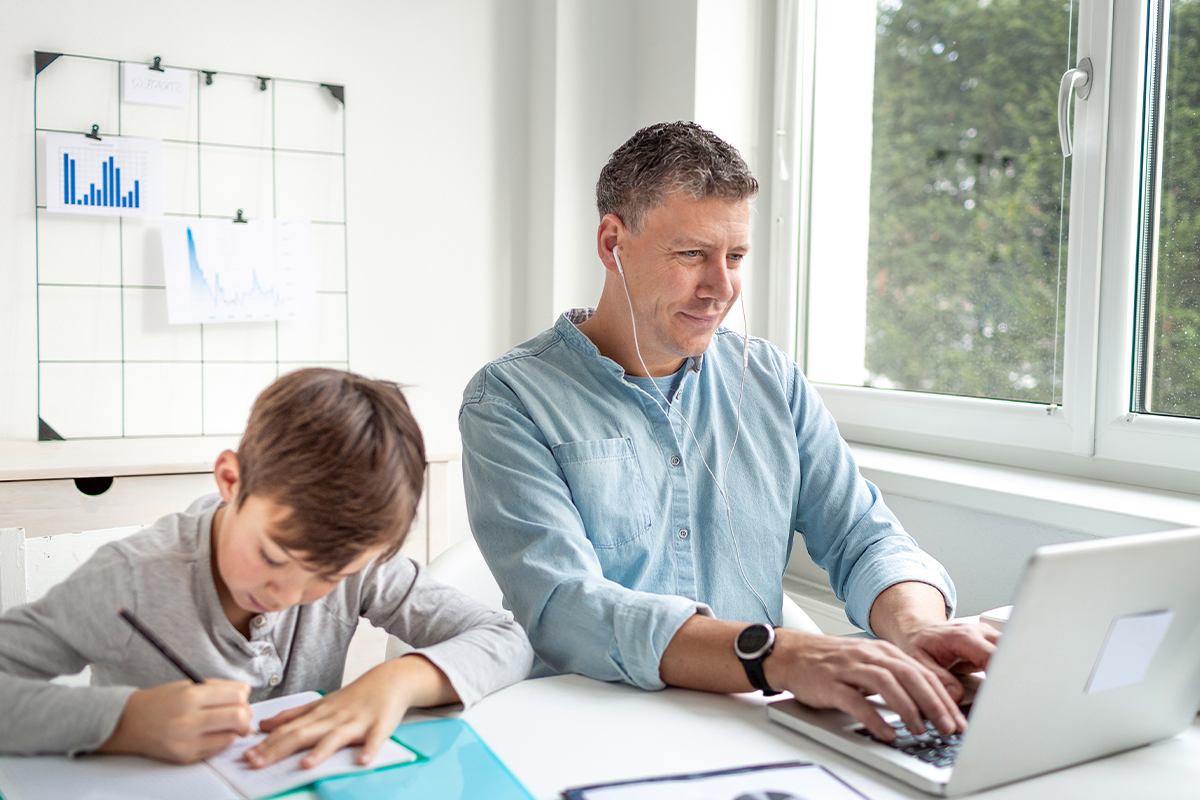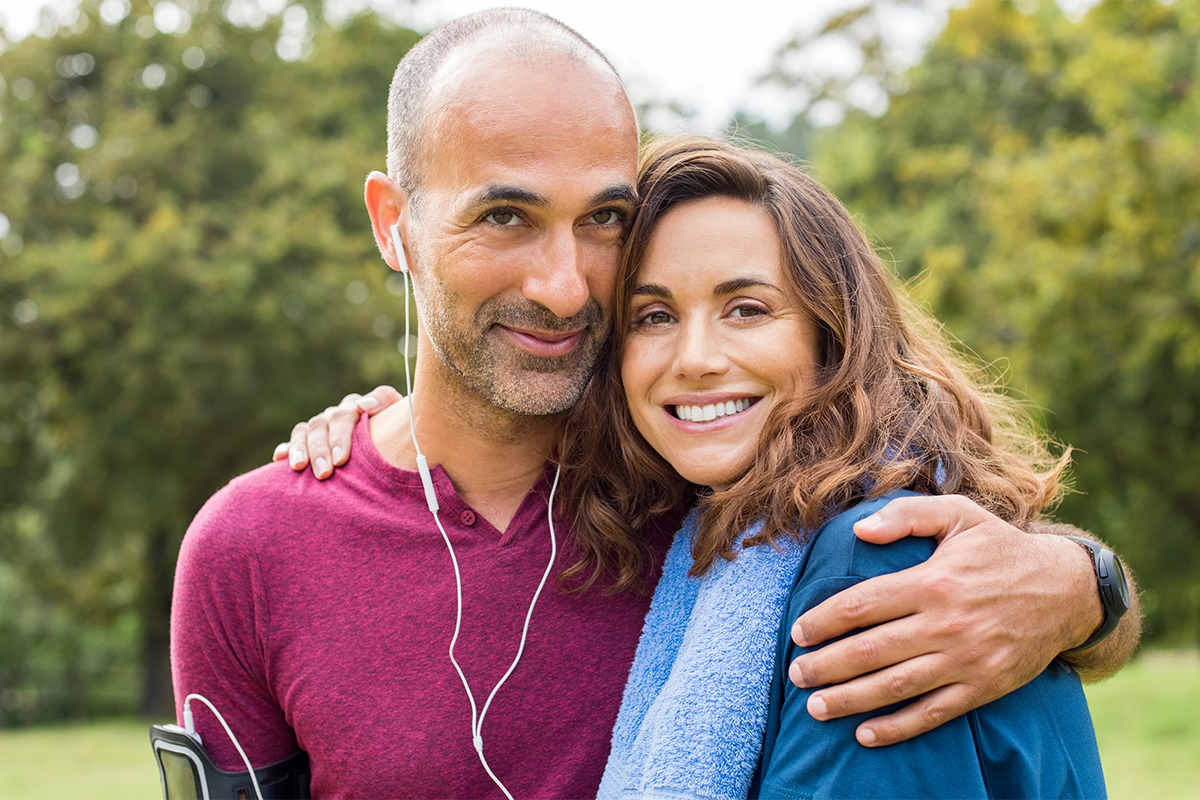2020 has been an interesting year. For some, it has been challenging, for others an opportunity. Whatever country you are in there have been difficulties, restrictions, losses and a whole raft of emotions.
One of the common themes currently reported is the concern about mental health, due to isolation and disconnection, particularly with those already vulnerable in our communities.
Research published in early 2020 (Lai et al., 2020) used previous outbreaks of communicative diseases and subsequent quarantine and isolation, with findings including an increase in anxiety, depression, insomnia and distress, with a higher risk for those on the frontline.
Cross cultural experts have shared recommendations around priorities and how to tackle priorities around mental health and wellbeing (Holmes et al., 2020).
Repeated media exposure can increase anxiety, heighten the stress response and have downstream impacts on mental health (Garfin, Silver & Holman, 2020). One of the reasons, during our wellbeing sessions, we encourage people to ‘choose their news wisely’ is due to this ‘news anxiety’ finding. Choose unbiased sources, and, once you have the information you need to go about your day, turn it off! The heightened language used in the media creates increased activation and, potentially, anxiety which means we almost can’t turn it off, yet that is exactly what we need to do (Bodas et al., 2015).
We hear the statistics around one in four adults potentially suffering from a mental illness in the next 12 months. We see the headlines about mental illness being the next pandemic. Yet, what if we want to be the three in four, or what if we want to ensure we remain mentally healthy and flourishing.
I always say, “Positive psychology…. Wonderful on the good days, essential on the bad.” Positive psychology is about putting tools in the toolkit and using them every day to keep your wellbeing high, so that when adversity hits – which it inevitably will – we have the tools to deal with it.
To keep ourselves mentally healthy and flourishing now and into 2021, we need to be practising these tools. Think of the tools like a smorgasbord restaurant with a whole range of strategies you can draw on. Some will be like sprouts, you may love them, you may not, yet maybe they are good for you. Or perhaps you choose the broccoli instead. What we all know is that gorging on the chocolate pudding is not going to help long term.
Even though I have been in the positive psychology world for 20 years, I have experienced a range of challenging emotions during this time. Like many of you, I have had moments where the only solutions seem to be pizza, alcohol and chocolate (thankfully chosen carefully at that moment). And thankfully, because I understand what is going on in my body and brain around my emotions, I have the tools to handle it.
I feel very grateful that during COVID-19, my life has changed significantly – for the better. I am no longer spending half my life with Qantas (as much as I loved it, I have found it an absolute delight to be at home). I am now living in Byron Bay, which has led to an even healthier lifestyle and a more relaxed environment, even though I am still working long hours. Our business model has changed, and although this included some tough choices, it has led to a much more effective and profitable way of working.
What I also know is the importance of wellbeing habits and rituals every single day!
I believe in practising wellbeing. The saying is, “Positive psychology is not a spectator sport.” You cannot know everything there is to know about positive psychology and automatically have high levels of wellbeing, you have to practice it every day. Something people often don’t want to hear.
Just recently, I had a reminder of the importance of these rituals.
My habits include waking up to the sound of the dawn chorus, savouring my yellow bedroom with sparkly lights, the ‘soft as a pillow’ grey carpet, the frangipani outside the window. Getting up around 5.30am, having my warm lemon water, going for a walk / run on the beach, nodding good morning to people I pass, smiling at the dogs on the beach, coming back to my green drink and my homemade, organic breakfast on the patio, etc., etc. During the day, I practice short breaks in my work by doing a puzzle, reading research papers, bouncing on my rebounder, or regularly if I have evening sessions or midnight sessions…. 25 star jumps! At night, I have rituals that include turning off the laptop, leaving my phone in the kitchen, laying on my Shakti mat for 20 minutes whilst writing my diary and my three best things from the day, reading my book, going to sleep by 10pm.
You get the picture!
Two weeks in a row recently, I found myself with a quick trip down to Sydney, and during those 48-72 hours, most of my rituals and habits went out of the window. I had broken sleep due to midnight webinars. I didn’t take my breakfast, or green drink, with me the first week and found instead I just didn’t eat, rather than eat unhealthily (and didn’t have a gap in my day to find a shop), I did no exercise (again, due to the only gaps being the ones I reserved for sleep). I found myself dehydrated with the air conditioning and missing the sunshine and fresh air being inside all day. All my baby rituals and habits got put on hold, and it was immediately apparent for my wellbeing. I found myself more physically and mentally tired, a little irritable and unclear in my thinking.
Many of us potentially feel a little sluggish regularly – physically and mentally – and maybe we have forgotten what it is like to feel vital and full of zest. Perhaps it is time to put those tools back in the toolkit.
We often teach two critical components to refuel the brain, as well as the body:
- Brain basics – eat, sleep and exercise. If nothing else, get your basics in place. Take baby steps and set reminders to ensure you eat well and drink enough water, move regularly and get to bed earlier with rituals before and after to make the most of your rest
- Positive emotions – positive emotions produce dopamine. Find ways to bring five minutes of positive emotion to your day. These can be tiny things such as, shifting your body posture, doing a hobby, cuddling your cat, patting your dog, hugging your kids or a loved one. Reminiscing about a beautiful experience, anticipating a future event, savouring a moment, cultivating gratitude, practising mindfulness, calling someone you love, doing a video message to say thank you. Having your partner chase you around the coffee table! OK, maybe that one is just me! There are so many ways of leveraging the broaden and build effect of positive emotions (Fredrickson, 2001). Yet, once again, you have to do them – knowing them is not enough!
- Repeat!
2021 is an ideal opportunity to use the energy and challenges of 2020 towards creating the best version of you. What can you do to generate the sort of energy and vitality you would like to have? What strategies and tools can you put in place to show up more frequently as the best version of you?
If you don’t know the tools, maybe now is the time to learn. If you already have the knowledge, now is the time to put it into action!
References:
Fredrickson, B. (2004). The broaden-and-build theory of positive emotions. The Royal Society, 359, 1367–1377
Garfin, D. R., Silver, R. C., & Holman, E. A. (2020). The novel coronavirus (COVID-2019) outbreak: Amplification of public health consequences by media exposure
Holmes, E. A., O’Connor, R. C., Perry, V. H., Tracey, I., Wessely, S., Arseneault, L., Ballard, C., Christensen, H., Silver, R. C., Everall, I., Ford, T., John, A., Kabir, T., King, K., Madan, I., Michie, S., Przybylski, A. K., Shafran, R., Sweeney, A., Worthman, C. M., Yardley, L., Cowan, K., Cope, C., Hotopf, M. & Bullmore, E. (2020). Multidisciplinary research priorities for the COVID-19 pandemic: a call for action for mental health science. The Lancet, Published online 15 April, 2020 https://doi.org/10.1016/S2215-0366(20)30168-1 1
Lai, J., Ma, S., Wang, Y., Cai, Z., Hu, J., Wei, N., Wu, J., Du, H., Chen, T., Li, R., Tan, H., Kang, L., Yao, L., Huang, M., Wang, H., Wang, G., Liu, Z., Hu, S. (2020). Factors associates with mental health outcomes among health care workers exposed to coronavirus disease 2019. JAMA Netw Open. 2020;3(3):e203976. doi:10.1001/jamanetworkopen.2020.3976
Bodas, M., Siman-Tov, M., Peleg, K., & Solomon, Z. (2015). Anxiety-inducing media: The effect of constant news broadcasting on the wellbeing of Israeli television viewers. Psychiatry, 78:3, 265-276, DOI: 10.1080/00332747.2015.1069658




